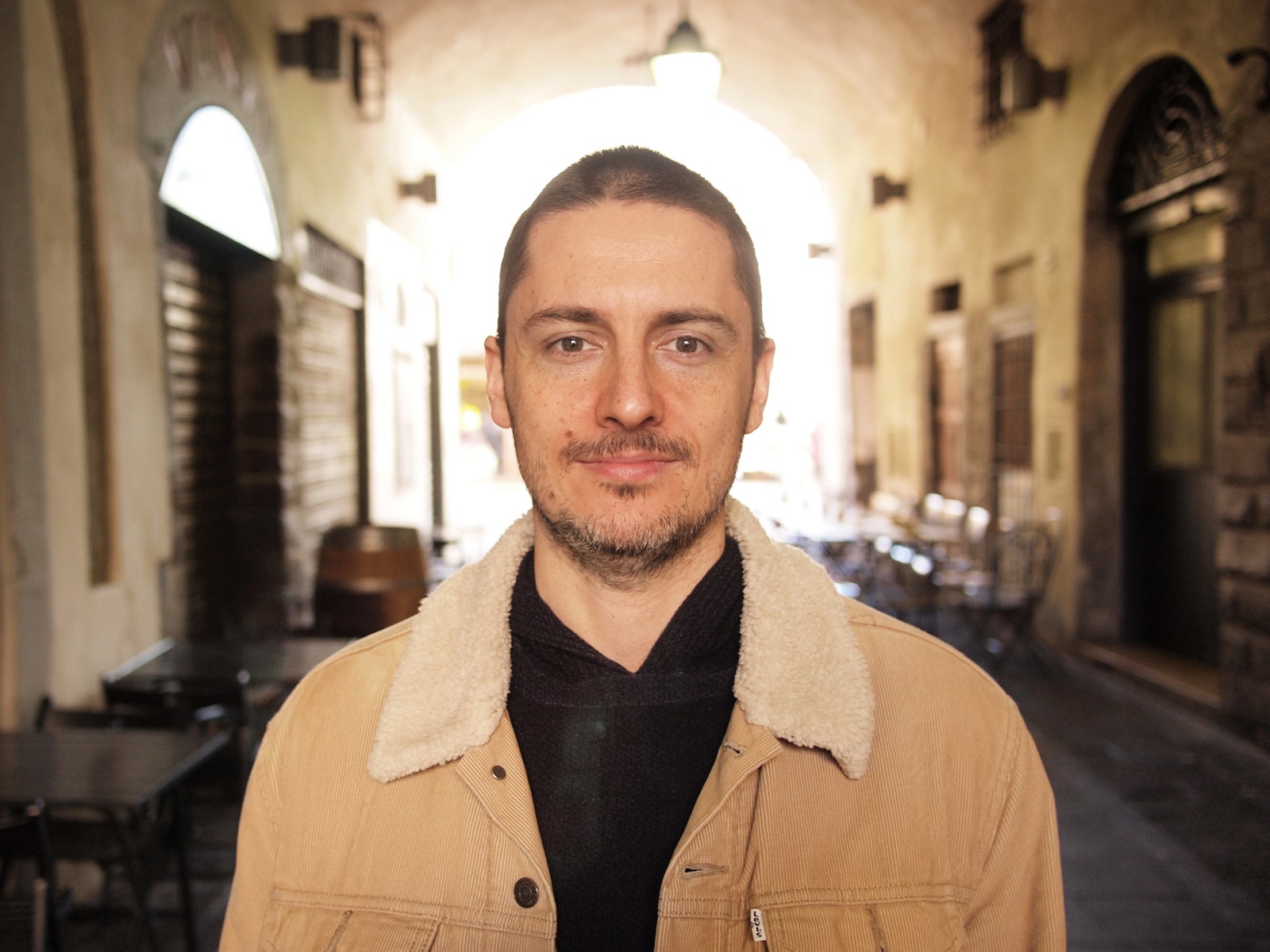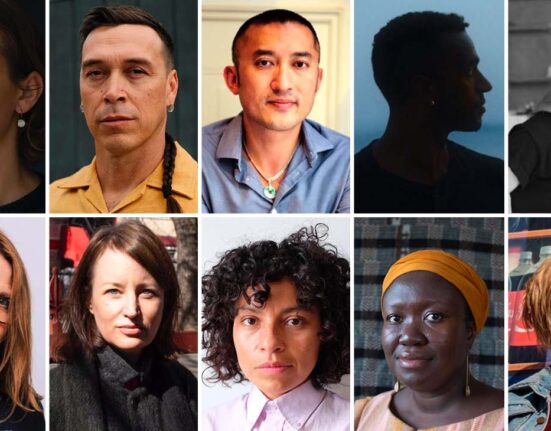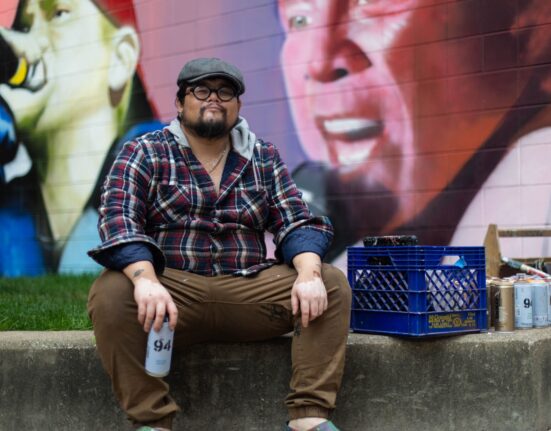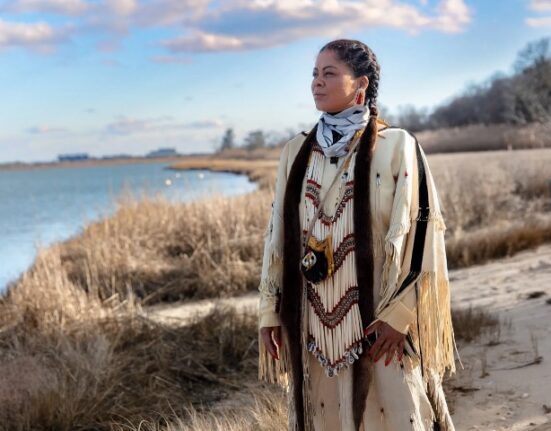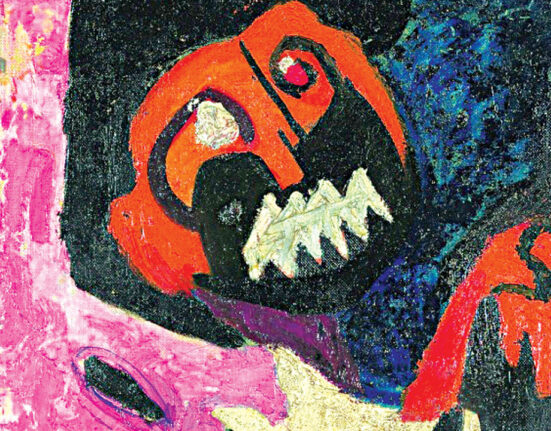The Corcoran brand’s imagery is anything but ordinary. Rather than relying on standard stock, they look at advertising as an opportunity for creative expression in the residential real estate market. Known for partnerships with world-renowned creators, including artist Kari Modén and photographer Annie Leibovitz, the company sets itself apart by utilizing bold photography, art, and graphics to express its messaging
The most recent ongoing artistic collaboration is a symbiosis with Simone Massoni, one of the world’s preeminent visual artists. Since 2018, Massoni has created a trove of whimsical illustrations for Corcoran’s three original real estate markets and each new destination in the Corcoran affiliate network. The Italy-based artist launched his career illustrating children’s books and has earned wide acclaim for his distinctive editorial illustrations for such publications as Vanity Fair, GQ, The New Yorker, and others.
This fall marks the five-year anniversary of Corcoran’s partnership with Massoni. And, to celebrate the milestone, the company has launched a new advertising campaign that reinterprets familiar real estate lingo in witty ways against a backdrop of Massoni’s creations.
We recently chatted with the artist to learn more about what inspires him.
Architectural Digest: Did you always want to be a visual artist?
Simone Massoni: I always saw myself drawing comic books when I grew up. I was lucky enough to have decided the right path for me at an age when children are usually unable to make thoughtful choices about their future. I worked hard, had some good luck along the way, and here I am. As I grew up, the passion for comic books shifted to a broader pool of interests related to the visual world.
Is there an artist or illustrator who has inspired your work?
SM: When I think about the evolution of my art, there is no one mentor or figure who has influenced me more than others. However, there is somebody who has remained a fixed point in my life as my artistic style and tastes evolved. It’s Saul Steinberg, a longtime New Yorker contributor who described himself as ‘a writer who draws.’ His writings and drawings never cease to amaze me.
How did your work evolve to be so focused on people and their notable characteristics?
SM: I have always loved observing the world—and, in particular, people. I can literally spend hours just watching people live their lives, studying their little gestures and behaviors. And that’s defined my reading, too. I’m a big fan of authors like David Foster Wallace and Philip Roth, whose books talk about simple things and dig into the human experience by telling great stories of ordinary lives.
What aspects of popular culture influence your work the most?
SM: I’m still very attached to comics, although I find fewer and fewer that interest me compared to when I was younger. And this is not because comics are a product for the younger generations, but rather because I think that with the advent of other kinds of media, there has been a greater dispersion of talent, and the number of good artists and writers who create comics has significantly dropped.


